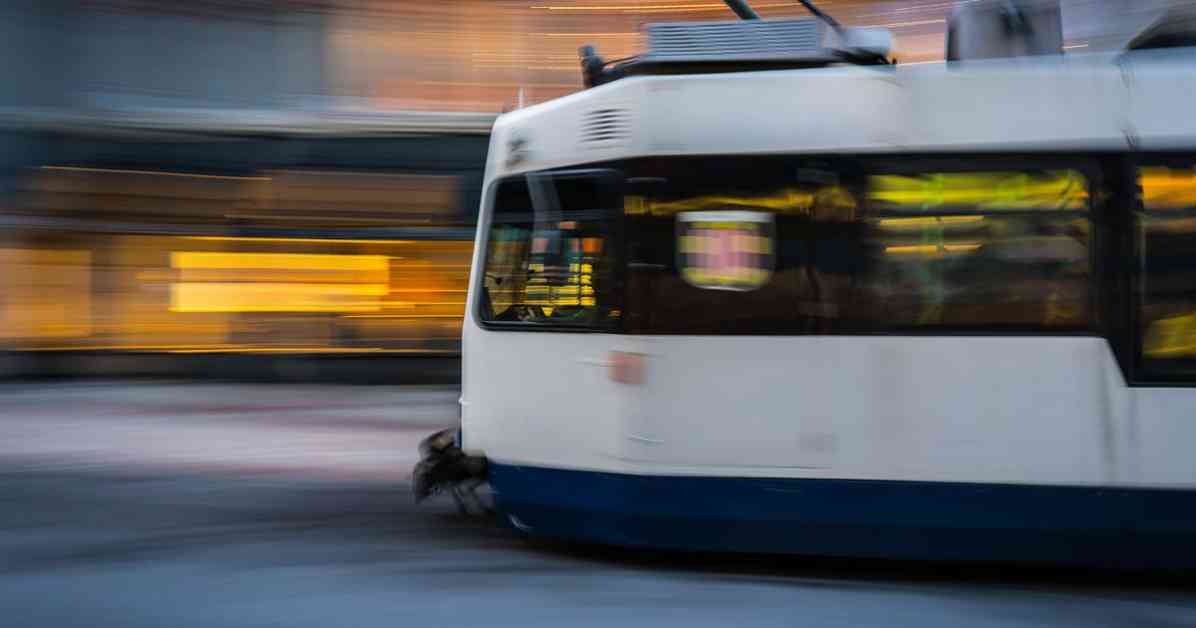Limited Public Transportation Options in Bristol Region until 2030s
Long-awaited plans for a Bristol region mass transit system will not even begin to happen until the 2030s, it has been revealed. Outline proposals for the project will take three years to complete, followed by the same amount of time to complete a full business case. This means no actual work will take place before the end of the decade, regardless of whether it will be trams, dedicated bus lanes, or anything else, now that an underground has been ruled out because of costs.
Metro mayor Dan Norris and the leaders of Bristol, South Gloucestershire, and Bath & North East Somerset councils will be asked to approve the remaining £13 million to develop the plans at a meeting of the West of England Combined Authority (Weca) committee on Friday, September 20. They approved the first stage – the strategic outline case – towards creating a major public transport service in July, and the decision this week would take it forwards.
Bristol city Cllr Toby Wells (Green, Knowle) emphasized the importance of the project, now renamed WEST Rapid Transport, and stressed the need for it to progress. However, he raised concerns about the timeline, questioning why it would take so long to complete the necessary studies and plans.
Weca strategic director of infrastructure David Gibson explained the complexity of the project, pointing out that there are numerous options to consider and evaluate before moving forward with construction. He reassured that efforts would be made to expedite the process while ensuring that all necessary steps are taken to deliver a successful public transport system for the region.
According to a report presented to the committee, the West of England region currently lacks an enhanced public transport network compared to other cities and population centers nationally and internationally. The National Infrastructure Commission identified the Bristol city region as one of the areas that the government should invest £22 billion in to improve public transport and unlock economic growth.
The region’s strategic goals include improving bus services, maximizing the rail network, and addressing transport capacity constraints. However, achieving net zero emissions, reducing congestion, and promoting economic growth require innovative solutions for transportation. A segregated public transport system is seen as a crucial step towards transformative change in the region.
The WEST Rapid Transport project is viewed as essential for achieving these strategic objectives and driving progress in the region. The report emphasizes the importance of progressing the project to meet the region’s public transport needs and support future economic prosperity.
Challenges and Considerations
The delays in implementing a mass transit system in the Bristol region highlight the challenges and considerations that come with such a large-scale infrastructure project. From identifying suitable options to securing funding and conducting thorough assessments, the process is complex and time-consuming.
Benefits of a Segregated Public Transport System
A segregated public transport system offers numerous benefits for the region, including improved efficiency, reduced congestion, and a more sustainable mode of transportation. By investing in a modern and efficient public transport network, the Bristol region can enhance connectivity, accessibility, and overall quality of life for residents.
Future Outlook
While the timeline for implementing a mass transit system in the Bristol region may span until the 2030s, the long-term benefits and impact of such a project are significant. By prioritizing the development of a segregated public transport system, the region can pave the way for sustainable growth, reduced emissions, and enhanced mobility for its residents.
In conclusion, the journey towards establishing a comprehensive public transport system in the Bristol region may be lengthy, but the potential rewards are worth the wait. With careful planning, strategic investments, and community support, the WEST Rapid Transport project can bring about positive change and transformation for the region in the years to come.

